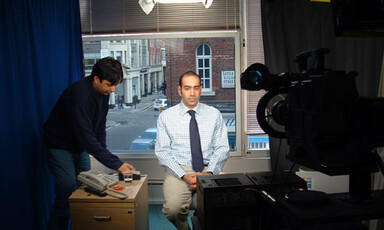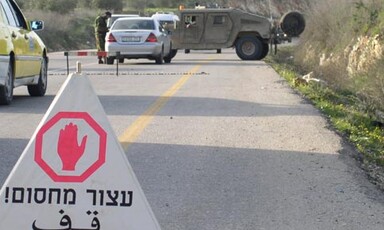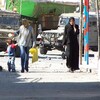
Gross Misinformation: the media in the Palestinian-Israeli conflict
4 July 2005
The Palestinian-Israeli conflict gets a disproportionate share of mainstream western media attention, as compared, say, with conflicts in Africa. Yet the public, particularly in the United States, remains grossly misinformed. Even respected outlets like National Public Radio fail to provide objective and consistently fair coverage. EI co-founder Ali Abunimah examines trends in media coverage of the Palestinian-Israeli conflict and finds that as news organizations come under increasing pressure from pro-Israel groups, there are fewer places to go for solid, independent coverage. Read more about Gross Misinformation: the media in the Palestinian-Israeli conflict








